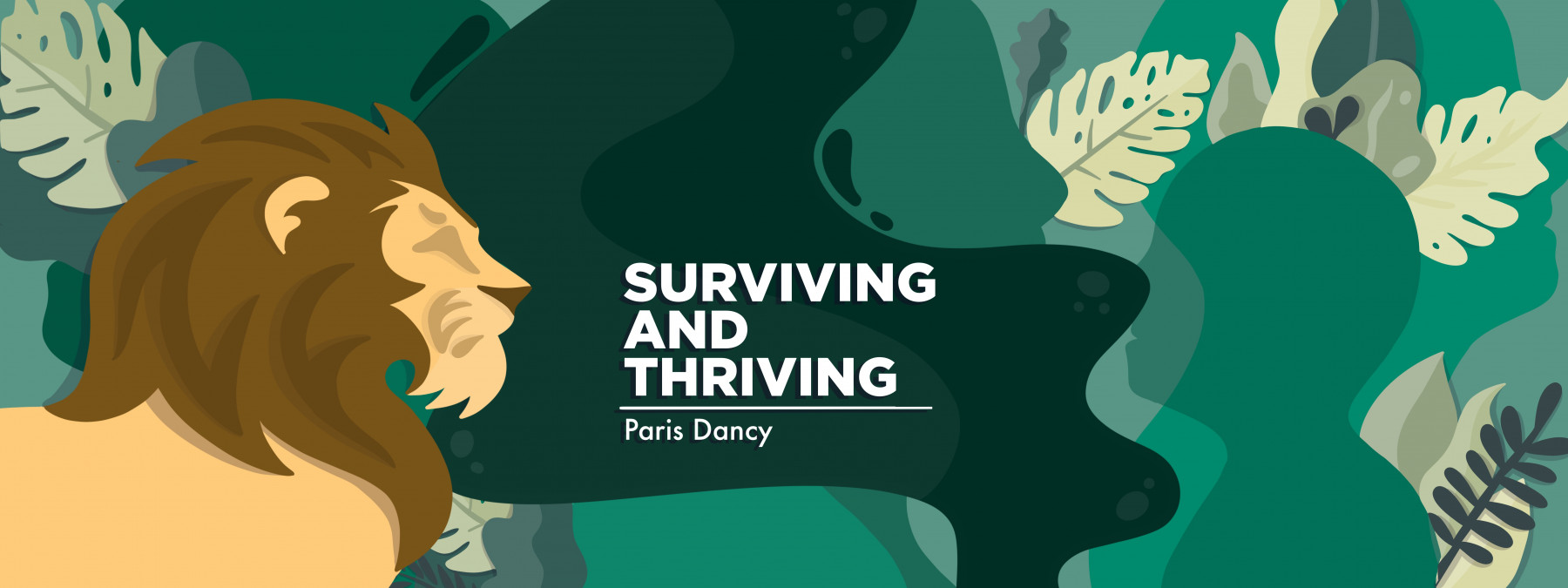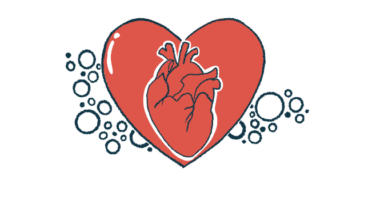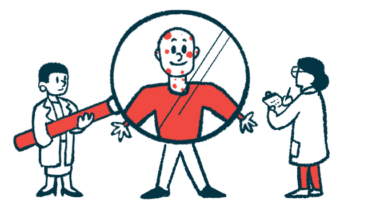The Power of Our Decisions in Recovery and Healing

Michael Corleone is a central figure in “The Godfather” film trilogy, played by Al Pacino. In the third film of the series, he refers to a life of crime when he declares, “Just when I thought I was out, they pull me back in.”
So what does this have to do with Cushing’s disease? Well, I’m not referring so much to the disease itself, but rather its symptoms and their lasting effects on a patient, such as low libido, the inability to have children, and sometimes damage to relationships that can’t be repaired.
If you have Cushing’s disease, you might have done everything right earlier in life, such as taking care of your body and mind. Perhaps you’ve been doing great things for your community or serving your country. Then, that day comes when the first symptom appears, and rather than addressing it accordingly, you ignore it, perhaps thinking it isn’t a big deal. Yet, when the next sign of something going on with you shows up, you realize it could turn into a pattern.
After a while, you might start to realize that you’ve incorporated bad habits into your life, such as poor eating habits or a lack of motivation to make healthy lifestyle choices to help combat the symptoms. These bad habits won’t cause you to have Cushing’s, but they can make the situation worse if you don’t address them.
Before you know it, a multitude of changes from Cushing’s, along with various behaviors, can lead those closest to you to be unable to recognize you anymore. At least that was my experience. Changes from Cushing’s in physical appearance are the most notable, but patients also experience changes in mood.
Once we get to a place of wanting to address these mental and physical issues, the process can be a difficult one that might include surgery or medicine.
Back to that quote from “The Godfather,” if you are recovering from surgery or in remission, you’ll have good days when positive things start happening for you. Most of your days will be better rather than worse, but every once in awhile, you might have a headache, sharp pains, muscle stiffness, or other issues. When these things started happening to me, my mind immediately went to “not again.” But the ultimate factor in deciding whether or not to fall victim to this kind of thinking is our power of choice.
Corleone is a fictional character, but like us, he found himself in difficult situations that ultimately came down to his choices. I am not saying that Cushing’s disease is a result of making bad choices, but once you notice there are negative changes from Cushing’s in your health, do not brush them off as something that may go away. They need to be addressed immediately.
We wake up every day to a new set of circumstances, and the question becomes how we choose to approach each day. Will the decisions we make affect only us, or will they affect others in our lives, too? When negative feelings arise, do we choose to give in? Sometimes a headache is just a headache, and sharp pain is just that and nothing more.
I can only speak of my own recovery process and the choices I make every day, as well as the consequences of those decisions. A good example is that when I choose to avoid physical activity for a period of time, I start to feel it. The same goes with my choices about food, especially my intake of carbs and other foods that cause inflammation.
As for the negative thoughts, I often tried to convince myself that missing one day of exercise wouldn’t hurt or that eating a particular food on one day wouldn’t be so bad. These are the moments when I need to stop and think about how important my decisions are for continued progress in my recovery.
What motivates you during recovery or when managing Cushing’s disease symptoms? Please share in the comments below.
Note: Cushing’s Disease News is strictly a news and information website about the disease. It does not provide medical advice, diagnosis, or treatment. This content is not intended to be a substitute for professional medical advice, diagnosis, or treatment. Always seek the advice of your physician or other qualified health provider with any questions you may have regarding a medical condition. Never disregard professional medical advice or delay in seeking it because of something you have read on this website. The opinions expressed in this column are not those of Cushing’s Disease News or its parent company, BioNews, and are intended to spark discussion about issues pertaining to Cushing’s.








Comments